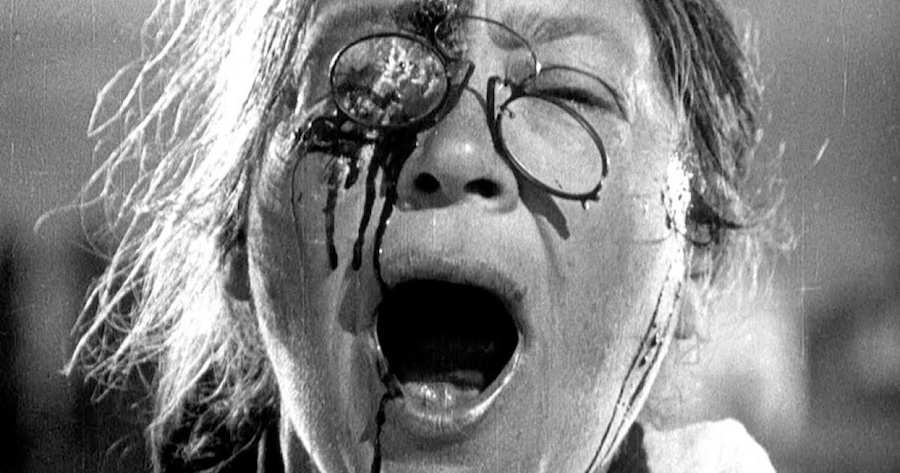

Battleship Potemkin was released in 1930 in Germany, three years before Adolf Hitler was elected Reich Chancellor. The film was never a huge hit in its native Soviet Union, but the Nazi leadership took notice. Joseph Goebbels, a master of manipulation, noted how “anyone who had no firm political conviction could become a Bolshevik after seeing the film”. Goebbels understood the power of film, how the masses could be manipulated, and cinematic geniuses like Charlie Chaplin and Billy Wilder also expressed profound admiration for Potemkin. This is without a doubt an example of a motion picture that changed the history of film.
The year of the Revolution
The story is set in 1905, the year of the Revolution, a series of uprisings and strikes among workers that eventually forced Emperor Nicholas II to cede some of his absolute power to a new parliament. One of the key events of the Revolution was a mutiny aboard the Potemkin, a battleship that was part of Russia’s Black Sea Fleet. Triggered by low morale, the fact that there’s rotting meat in the food supply, and the authoritarian behavior of captain Giliarovsky (Grigori Alexandrov) who tries to have some of the crew shot for insubordination, the men of the Potemkin rise up against the officers. One of the mutiny’s leaders, Grigory Vakulinchuk (Alexander Antonov) is mortally wounded, but the men seize control of the battleship and head for Odessa, flying a red flag.
It’s a city in chaos that awaits the sailors; a general strike has caused riots, and the sight of Vakulinchuk’s body, a man who died heroically after opposing the regime, adds fuel to the fire.
Understanding the power of editing
The story of the film is based on actual events, and the characters aboard the Potemkin are historical figures; the ending may seem a little too perfect for modern audiences, but that’s partly what happened in real life as the sentiments of that year’s revolution ran deep. It’s no surprise that Soviet authorities picked this incident as something that might inspire the working class and Eisenstein’s film has helped turn the Potemkin mutiny and the violence in Odessa into mythic symbols. It’s a testament to the power of the film that many people also believe that its most famous scene, the police massacring innocent people as they try to escape down the iconic stairs in Odessa (now called the Potemkin Stairs), actually happened. It didn’t. That scene (ingenuously recreated by Brian De Palma in The Untouchables (1987)) is the director’s most masterful creation, an example of how Eisenstein and some of his Soviet colleagues understood the power of editing and montage in a way that Western filmmakers had yet to catch up with.
This is still one of the greatest action movies ever made, one that moves way faster than anything Michael Bay has ever produced.
The stairs sequence, and certain other scenes, build emotions and tension in a way that has you at the edge of your seat; this is still one of the greatest action movies ever made, one that moves way faster than anything Michael Bay has ever produced. Graphic violence is employed in a way that shocked audiences at the time and made them sympathize greatly with the “victims” of the Stairs “massacre”.
It’s telling that so many composers and artists, including Pet Shop Boys, have subsequently been moved to write new scores for these dynamic images, as if to convey their own personal excitement.
90 years on, this is still a masterpiece that showed the world how film could be used to great effect for your own political purposes. As times change, audiences can still gain the same effect out of it. Only now we are more likely to think of the Emperor’s men as communists or Putin loyalists as one oppressive regime replaces another in the sad history of Russia.
Battleship Potemkin 1925-Soviet Union. Silent. 70 min. B/W. Directed and edited by Sergei Eisenstein. Screenplay: Nina Agadzhanova. Cinemtography: Eduard Tisse. Cast: Alexander Antonov (Grigory Vakulinchuk), Vladmir Barsky (Golikov), Grigori Alexandrov (Giliarovsky), Mikhail Goronorov.
Trivia: Original title: Bronenosets Potemkin. Alternative title: Potemkin.
